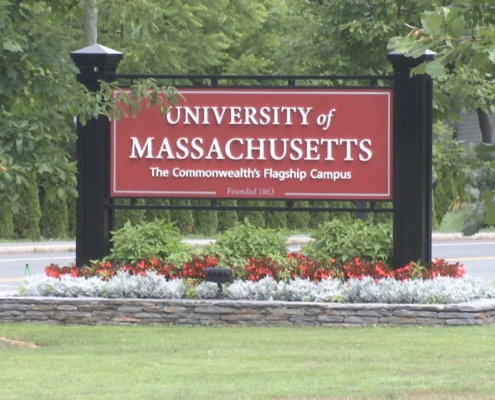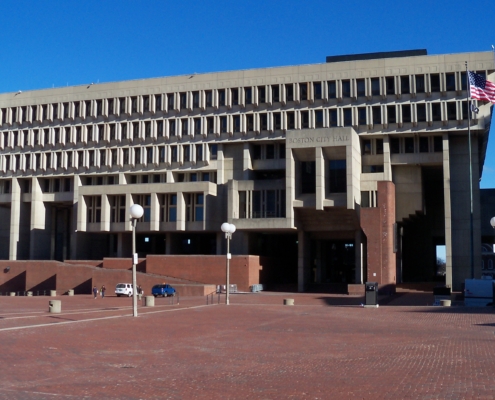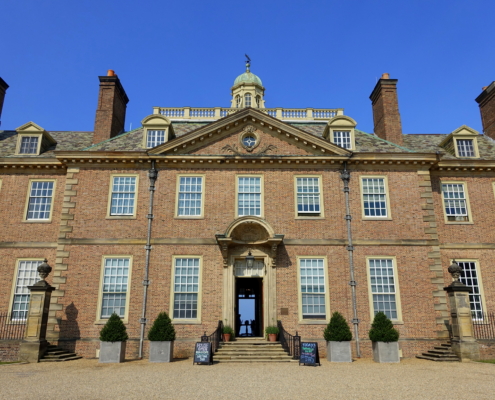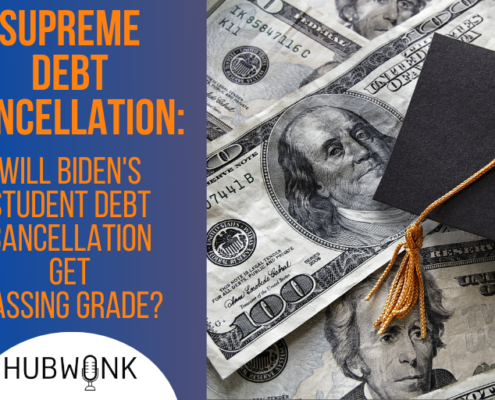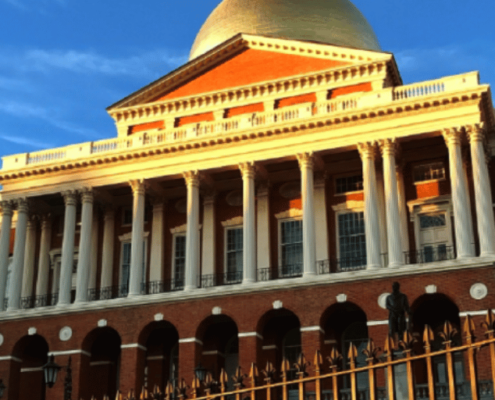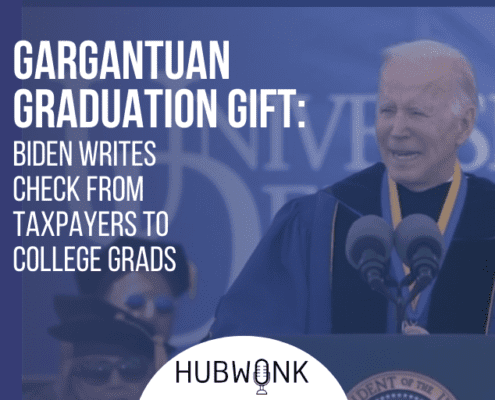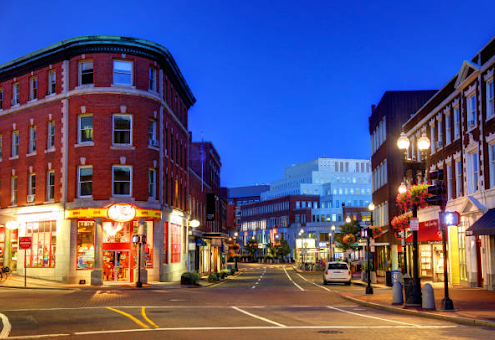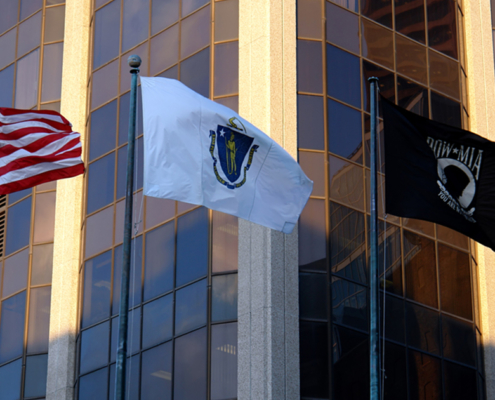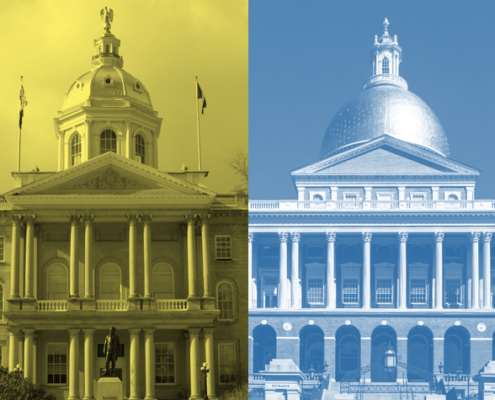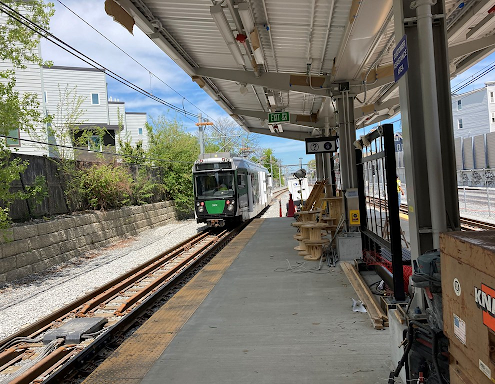The Chancellor at this University Makes about 18.5 Times what an Average Employee at this Same University Makes…
According to MassOpenBooks, the average annual pay for UMass Medical School Employees is $57,746. But as highlighted in the chart below, Medical School Chancellor Michael Collins makes $1,069,752. According to USA Today, the income that qualifies a Massachusetts resident to be included in the top 1% is $582,774.
When looking at MassOpenBooks 2018 Highest Paid Employees under Higher Education, four out of the six highest-paid employees earning more than $582,774 annually are all from UMass Medical School.
| TITLE | NAME | BASE PAY | OTHER PAY | TOTAL PAY |
| Chancellor and SVP Health Services | Michael Collins | $742,777 | $326,975 | $1,069,752 |
| Executive Deputy Chancellor Provost and Dean | Terence Flotte | $722,495 | $224,042 | $946,537 |
| Executive VP Innovation and Bus Development | James Glasheen | $477,327 | $193,941 | $671,268 |
| Executive Vice Chancellor, UMBC | Mark Klempner | $512,956 | $127,307 | $640,263 |
| $2,455,555 | $872,265 | $3,327,820 |
SOURCE: MassOpenBooks
A public records request submitted three weeks ago regarding what other pay is for all four of these employees has not been answered.
This isn’t just happening at the medical school campus in Worcester. US News states that in fall 2017, there were 1,626 public colleges and 1,687 private colleges, for a total of 3,313. According to the Chronicle of Higher Education, employees at 61 private college executives and 12 public college executives made $1 million or more from 2016-2017, less than 2 percent of the more than 3,000 schools.
According to a MarketWatch entitled A Dozen Public-College Presidents are Paid Over $1 Million, but do Taxpayers See the Benefit? “There’s no evidence that paying a public-school president more results in increased revenue for the school either in the form of a boost in state appropriations to the college or a jump in dollars raised from private sources…”
Could the funds be better spent on education and instruction?
US News ranks UMass Worcester as 15th best medical school in primary care and 45th best in research. That ranking makes UMass Worcester as the best primary care school in New England, but is it the high salary of the chancellor that got them there? Statistics from UMass School of Medicine’s class of 2022 profile reported that out of a class of 162 students, only 24, or 15%, were economically and/or educationally disadvantaged.
Here’s an idea: Why not slow down the growth rate of top salaries and instead spend more on financial aid so more low-income students get a shot at such a rewarding profession?
Paige Anderson is a Government Transparency Intern at The Pioneer Institute. She is a rising senior at Wellesley College majoring in Economics.
Get our higher education updates!
Read more of Pioneer’s related research & commentary:


